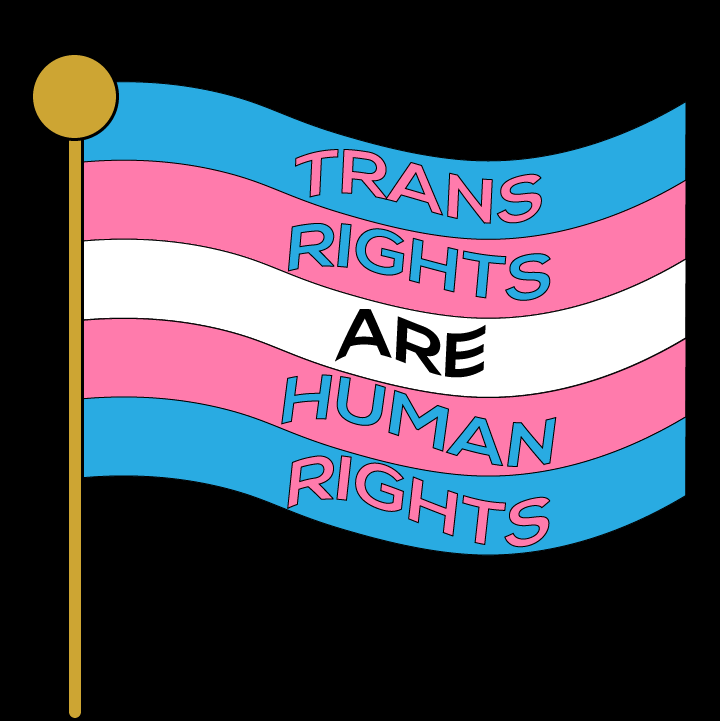Ten Anti-LGBTQ Bills Sit on Governors’ Desks, Poised to Undermine Rights Across the Country As a fast and furious effort led by national groups aiming to stymie LGBTQ progress made on the national level and in many states continues to intensify, ten anti-LGBTQ bills currently sit on the desks of governors across the country waiting to be signed […]








